Diversity, Equity, and Inclusion
Health Equity/Social Determinants of Health@Trainee Track
Changing the approach: Best practices in supporting and advancing underrepresented in medicine (UIM) medical students
-
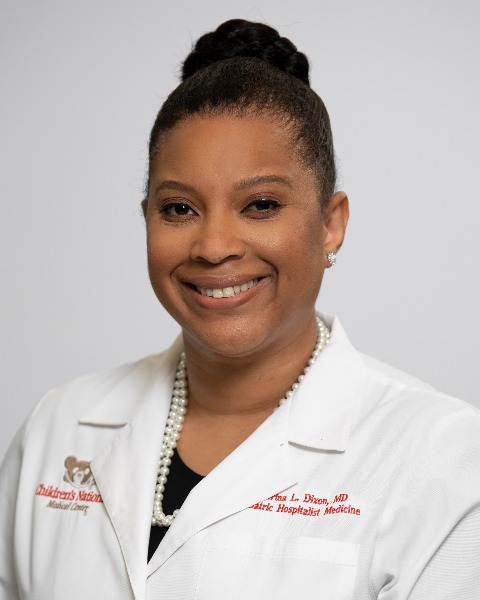
Gabrina Dixon, MD, MEd (she/her/hers)
Associate Professor of Pediatrics
Children's National Health System
Washington, District of Columbia, United States -
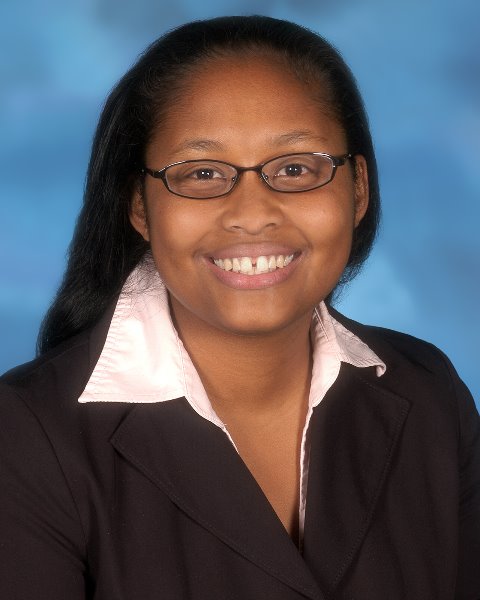
Natalie McKnight, MD (she/her/hers)
Assistant Dean for Faculty
Pediatrics
Inova Children's Hospital, UVA SOM Inova Campus
Falls Church, Virginia, United States -
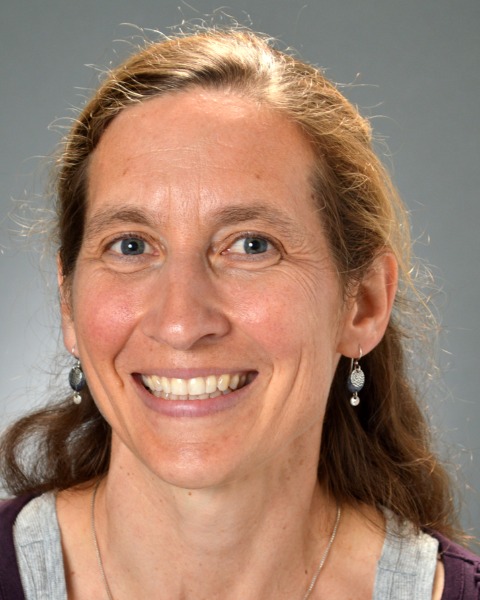
Molly Rideout, MD (she/her/hers)
Professor, Vice Chair for Education
The University of Vermont Children's Hospital
Burlington, Vermont, United States -
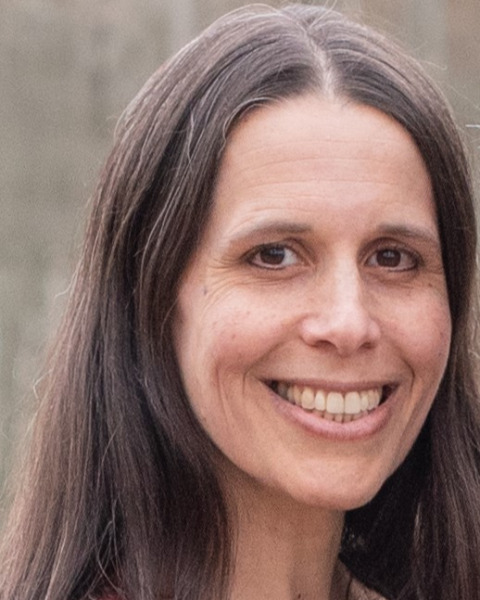
Terry Kind, MD, MPH (she/her/hers)
Professor of Pediatrics; Associate Dean for Clinical Education
Children's National Hospital / George Washington University
Washington, District of Columbia, United States -
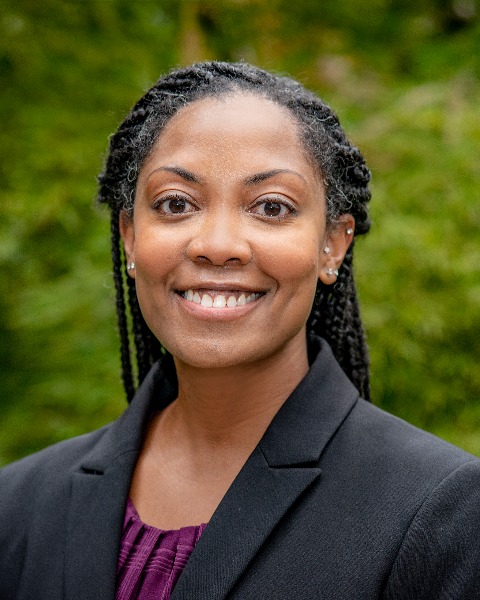
Abena Knight, MD (she/her/hers)
Clinical Associate Professor of Pediatrics
University of Washington School of Medicine
Seattle, Washington, United States
Co-Leader(s)
Leader(s)
Workshop
Description: Research shows that diversity enhances group creativity and improves problem solving. However, the medical field has been stagnant in moving towards training a racially representative workforce. Medical students from underrepresented backgrounds face unique needs; along with the challenges of the rigorous curriculum, they often encounter racism, microaggressions, and imposter syndrome when in unsupportive and non-inclusive environments. This workshop aims to identify skill gaps that contribute to worsening outcomes for underrepresented in medicine (UIM) students and provide tools to build culturally aware mentorship. In this workshop, participants will discuss facilitated cases in small and large groups to build skills. Cases will track across the educational continuum and include adjustment to medical school, peer relationships, interactions in the clinical setting, and residency planning. Facilitators will create a safe space for discussion and help participants strengthen skills by outlining effective UIM mentorship strategies, such as providing a mentor network, addressing issues of discrimination, recognizing and validating cultural differences, and developing confidence in discussing race. Participants will leave with a “toolbox” of resources to build culturally-aware UIM mentorship programs, including tools to help navigate challenges that UIM medical students face, techniques for engaging in difficult conversations, and mentorship strategies that have been shown to be more successful for UIM students. The workshop aims to include anyone who supports medical students during preclinical or clinical years, including faculty, administrators, and trainees. If everyone who encounters medical students has the skill sets necessary to support students from all backgrounds, the physician pipeline will continue to diversify.
Learning Objectives:
- Discuss features, challenges and strengths of current approaches of medical school UIM mentorship across the US and Canada
- Apply different strategies in mentoring UIM students throughout medical school
- Identify steps that could be taken at home institutions to support UIM medical students and can be applied cross culturally
